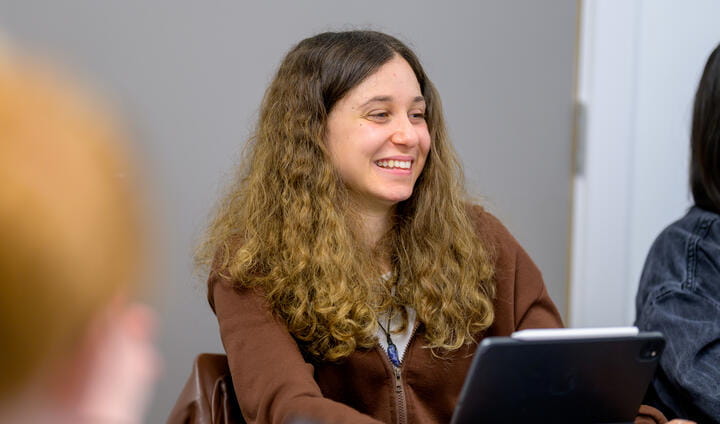Modern languages are among the top A levels in terms of university application, whether you are planning to apply for a language course or many other degrees. If you are applying for a ‘mainstream’ language (French, Spanish, German, etc), a good A level grade in the same language is usually required. Indeed, quite a few of our students move on to a language degree. Interestingly, statistics provided by university language departments show that most students with a language degree do not go on to a career in which the language is the main focus (eg teaching, translating). Instead, many language graduates work in businesses, banking, etc. An A level in a mainstream language can also lead to a degree in a less popular language that you have never studied before (eg with a French A level, you can start a degree in Arabic never having studied it).
Increasingly, universities will include an A level in your native language (e.g. you are French and do a French A level) in their offers, but it is not guaranteed. If you are considering this possibility, you may want to talk to the Head of Department as there may be flexibility, for instance in doing an A level in your native language as an extra subject, or on an accelerated course.













